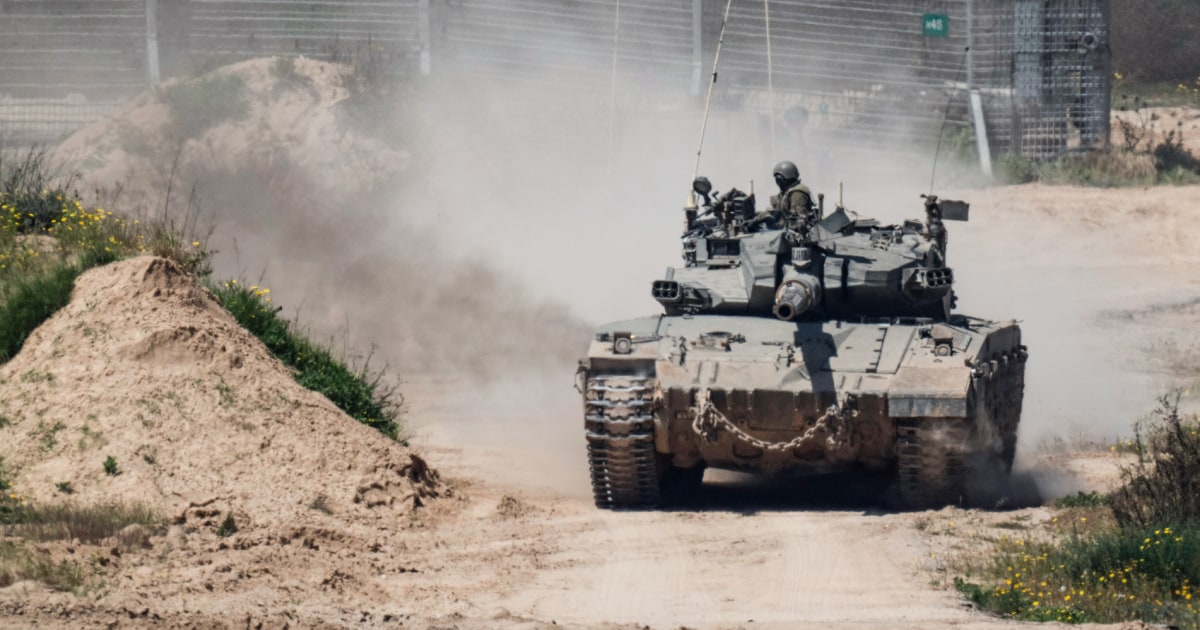
The Israeli military says it has reduced the number of ground troops in the southern Gaza Strip following the conclusion of its monthslong operation in the city of Khan Younis, raising questions about the future of its offensive in the enclave amid pressure from the U.S. to reduce the war’s humanitarian toll.
In a statement on Sunday, the IDF said it was pulling its 98th commando division “to recuperate and prepare for future operations,” as Israeli army vehicles were seen heading to a base in southern Israel.
“The achievements made by the IDF’s Division 98 and its units, are extremely impressive,” Minister of Defense Yoav Gallant said. “They have eliminated terrorists and destroyed terror targets including warehouses, weapons, headquarters, communication centers and more. Their activities enabled the dismantling of Hamas as a functioning military unit in this area.”
The Nahal Brigade and the 162nd Division remain in Gaza, which the IDF describes as “a significant force” that will continue to “operate in the Gaza Strip, and will preserve the IDF’s freedom of action and its ability to conduct precise intelligence based operations.”
An Israeli brigade is typically made up of a few thousand troops. On Saturday, four Israeli soldiers were killed in Khan Younis.
It was not clear from the IDF’s statement if the withdrawal constituted a planned rotation of the troops, or signaled a turning point in Israel’s strategy for its military offensive in Gaza.
In response to a clarification request from NBC News, the IDF said it can’t comment on the deployment of its forces for security reasons.
Michael Horowitz, the head of intelligence at Le Beck International, a security and risk management consultancy, said, “I think this is a turning point in the campaign in Gaza.”
“The IDF contingent in Gaza will be the lowest since the ground invasion started in late October last year, made of only two brigades along an axis that cuts Gaza into two,” Horowitz said. “Essentially, this means the IDF is probably moving to a more long-term counterterrorism campaign of more target raids. This is something the U.S. had been asking for months.”
The move also does not appear to be a simple troop rotation, Horowitz said, as no troops are entering southern Gaza to replace the forces being pulled out.
“Operations in Khan Younis also appear to have been completed, and there is no logic in replacing troops in southern Gaza unless Israel launches a new offensive, against Rafah for instance,” he said, adding that Israel has been waving the threat of such an offensive, but has encountered a lot of pushback.
“The Gaza war is entering a new phase, one that will still last long, but may be of lesser intensity,” he added.
The National Security Council’s John Kirby said Sunday “it’s hard to know exactly what [the troop reduction] tells us.”
“It is really just about rest and refit for these troops that have been on the ground for four months, and not necessarily that we can tell, indicative of some coming new operation for these troops,” Kirby said on ABC’s This Week.
A ground offensive in Rafah, Gaza’s southernmost city, which is sheltering some 1 million people, has become an increasingly contentious point with the U.S., Israel’s strongest ally. Last month, President Joe Biden suggested that an invasion of Rafah was a qualified red line. And last week, sources said a meeting about Israel’s plans to evacuate the city erupted into yelling, as the U.S. criticized Israel’s plans as insufficient.
The timing of the announcement raises questions about whether it was in response to a pronounced change in rhetoric from the United States, following the killing of seven aid workers with World Central Kitchen last week, among them a U.S.-Canadian dual national.
In a call Thursday in the aftermath of the killings, which have sparked international condemnation, Biden told Israeli Prime Minister Benjamin Netanyahu that U.S. policy going forward would hinge on Israel immediately addressing civilian harm and reducing humanitarian suffering.
Kirby on Sunday reiterated that there shouldn’t be a ground invasion in Rafah and said that too many aid workers have been killed in the Israel-Gaza conflict.
It also comes amid mounting international pressure for a cease-fire, and ongoing negotiations for a hostage deal. Hamas has sent a delegation to join talks in Cairo on Sunday, with CIA Director Bill Burns also expected to take part.
In comments to Israel’s war Cabinet on Sunday, Netanyahu did not directly address the withdrawal, nor did he appear ready to stand down, despite growing international isolation.
“I made it clear to the international community: There will be no cease-fire without the return of abductees. It just won’t happen,” Netanyahu said, adding that Israel intends to continue fighting into Rafah.
At a time of increased tensions, he also connected Hamas’ Oct. 7 attacks to Iran, as well as the widening hostilities with Hezbollah, the Houthis, and militias in Iraq and Syria. The U.S. has expressed concern that Iran could strike targets in Israel in retaliation for the killing of several top Iranian officials in the bombing of its embassy in Damascus last week.
“Our war is ongoing,” Netanyahu said.
Meanwhile, the withdrawal has allowed Palestinians to move into areas that had previously been restricted by Israeli forces, with the Palestinian Red Crescent Society reporting that the departure of the IDF troops from the center of Khan Younis has allowed it to retrieve the body of one of its staff, who the group said had been killed during the siege on Khan Younis’ Al-Amal Hospital.
Sunday marks six months since the Hamas-led attack on Israel on Oct. 7 that killed more than 1,200 people and has led to Israel’s deadly offensive in the Gaza Strip, which has killed more than 33,000 and sparked a humanitarian crisis that has brought an estimated 1 million people to the brink of famine.

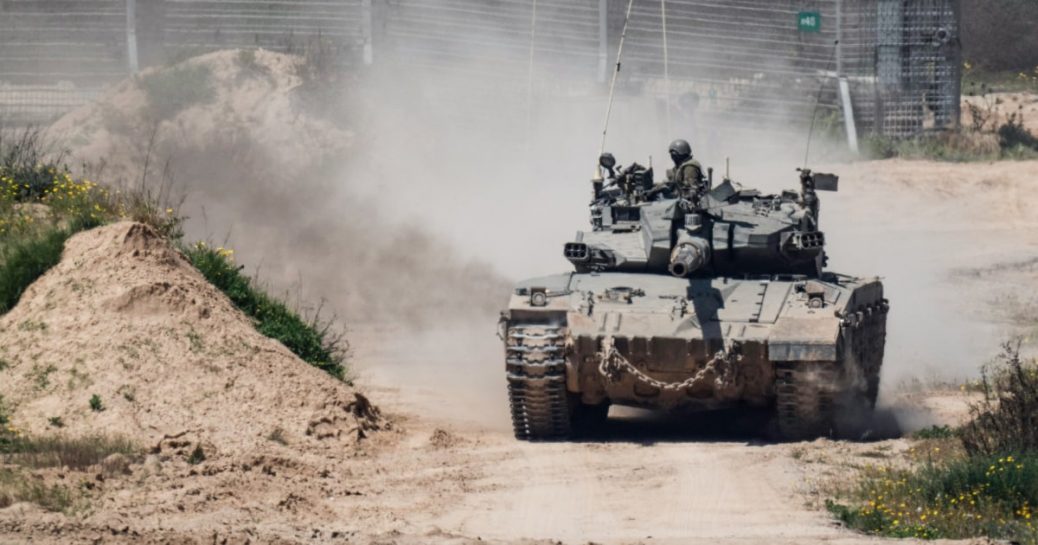
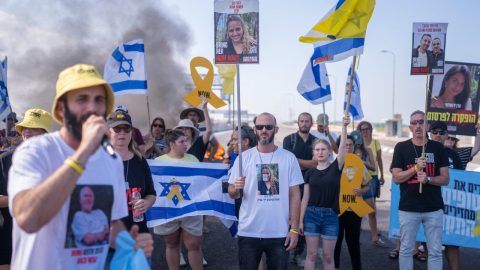

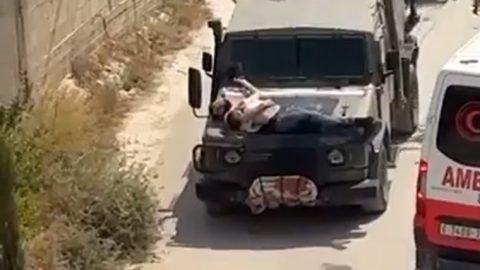
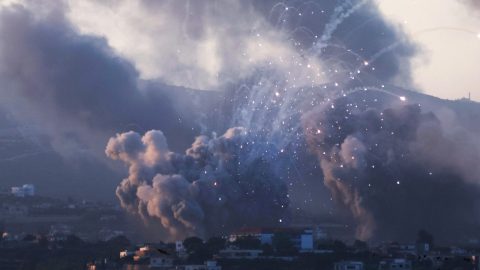
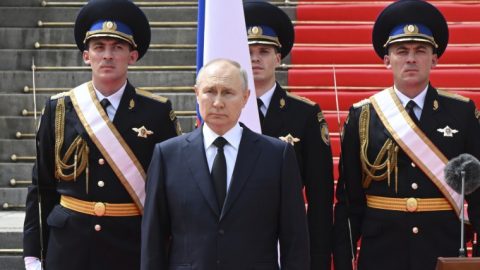
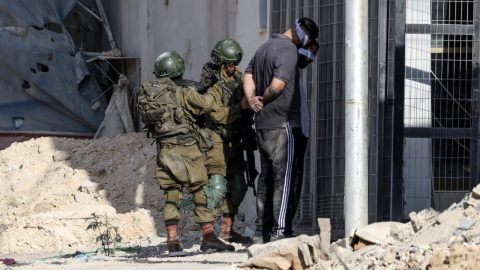
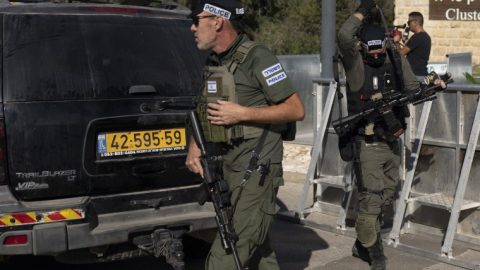
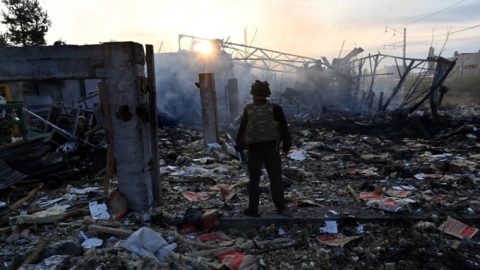
Recent Comments